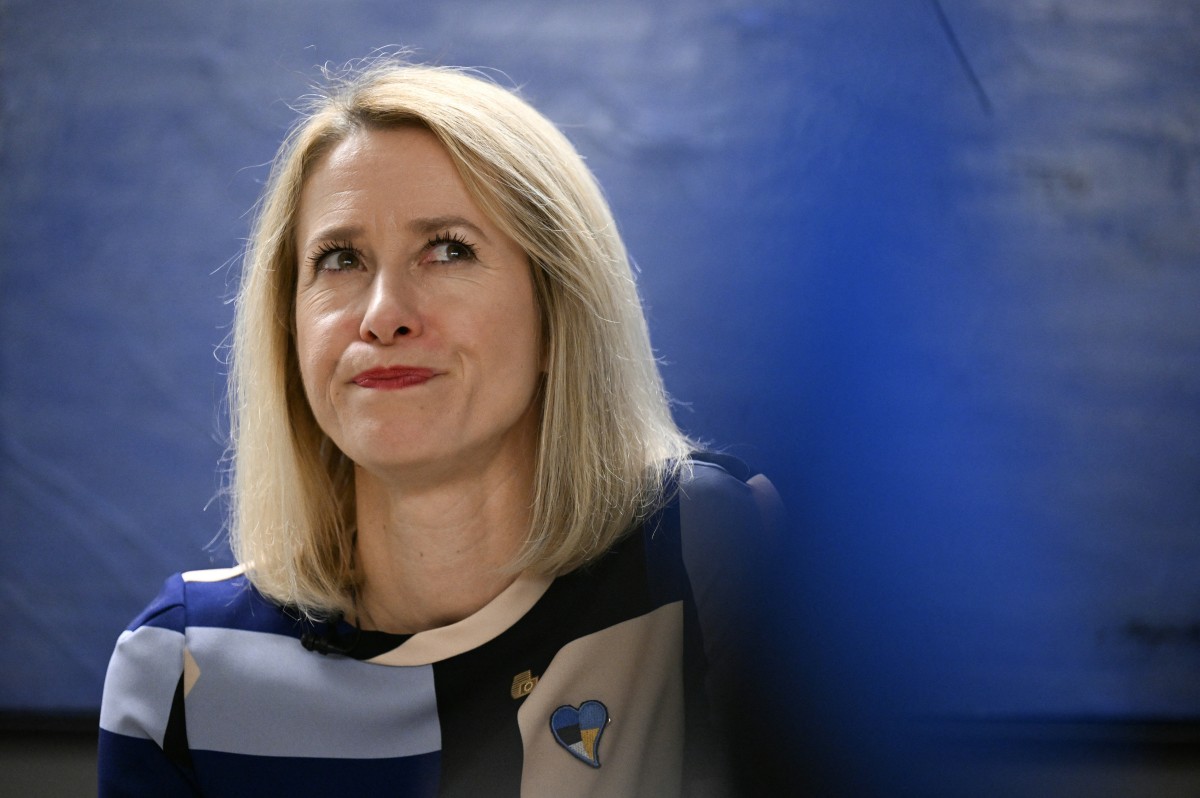
MOSCOW, Feb 13, 2024 (BSS/AFP) - Russia declared Estonian leader Kaja Kallas and other Baltic officials as "wanted" Tuesday, amid a spat over the removal of Soviet-era war memorials in their countries.
The move marks a further worsening in relations between Russia and the Baltics, all of which were occupied by the Soviet Union and have sizeable Russian minorities.
Lithuanian Culture Minister Simonas Kairys and Estonian State Secretary Taimar Peterkop were also declared "wanted" by Moscow's interior ministry, which did not reveal the charges.
Russian Foreign Ministry Spokeswoman Maria Zakharova said they were added to the list "over the destruction of monuments to Soviet soldiers".
"Crimes against the memory of the liberators of the world from Nazism and fascism must be punished. And this is just the beginning," she said.
The interior ministry's database of wanted people showed Kallas as "wanted under the Criminal Code", accompanied by a picture of the leader.
The Kremlin said that those declared wanted had taken "hostile actions against historical memory" and Russia.
"These are the people who are responsible for decisions that are actually an abuse of historical memory," Kremlin spokesman Dmitry Peskov told reporters.
Kairys accused Russia of distorting facts.
"The regime is doing what it has always done: it is trying to stifle freedom... and to continue to create its own version that is at odds with facts or logic," he told AFP.
There was no immediate reaction from Estonia, which has viewed the monuments as unwelcome symbols of its occupation under the USSR.
- 'Total Russophobia' -
Russia downgraded its diplomatic relations with Estonia in January 2023 and ordered the country's ambassador to leave Russia, accusing the Baltic country of "total Russophobia."
All three Baltic states -- Estonia, Latvia and Lithuania -- had already expelled Russian diplomats from their countries amid tensions over the conflict in Ukraine.
Their relations with Moscow have remained tense since they gained independence during the collapse of the Soviet Union, which they always viewed as an occupying power.
While the hundreds of monuments built during the Soviet-era had long been derided by many in the Baltics, Russia's assault on Ukraine led to a full-scale push for their removal.
The conflict has also raised fears of a possible armed confrontation with Russia, with all three Baltic NATO members boosting spending on their military and strengthening border defences.
Tensions have also simmered over the rights of the Russian minority in the three countries.
Earlier in February, Moscow summoned diplomats from its three Baltic neighbours after accusing the states of trying to "sabotage" next month's Russian presidential election.
Moscow had accused the three states of ignoring Russian requests to provide security for voting stations at its embassies on their soil.